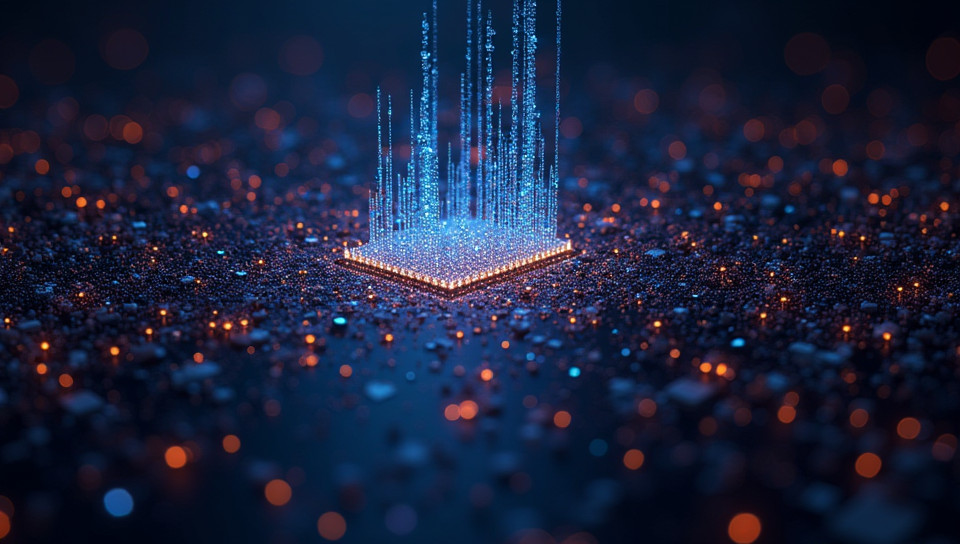Interference causes errors in quantum computations 83%

The Dark Side of Quantum Computing: Interference Causes Errors
Quantum computers have long been touted as the future of computing, promising to solve complex problems that are intractable for classical computers. However, despite their potential, quantum computers face a significant challenge: interference causes errors in quantum computations.
What is Quantum Interference?
In quantum mechanics, particles can exist in multiple states simultaneously, known as superposition. When two or more particles interact, their wave functions can combine to produce an interference pattern. This interference can either enhance or suppress the amplitude of certain outcomes, leading to probabilistic behavior that's fundamentally different from classical physics.
Types of Interference in Quantum Computing
There are several types of interference that can occur in quantum computing:
- Superposition: When a qubit (quantum bit) exists in multiple states at once.
- Entanglement: When two or more particles become correlated, so that their properties are linked even when separated by large distances.
- Decoherence: When the environment interacts with a qubit, causing its quantum state to lose coherence and collapse into a single outcome.
Causes of Interference Errors
Interference errors can arise from various sources, including:
- Thermal noise: Random fluctuations in the environment that cause qubits to decohere.
- Electromagnetic interference: External electromagnetic fields that can affect qubit states.
- Quantum error correction: While quantum error correction codes can mitigate some forms of interference, they are not foolproof and can themselves introduce errors.
Consequences of Interference Errors
Interference errors can have severe consequences for quantum computing. They can lead to:
- Bit flips: Incorrect results due to qubit state errors.
- Phase errors: Changes in the relative phases between qubits that can affect computation outcomes.
- Loss of coherence: Decoherence can cause qubits to lose their quantum properties, rendering them useless for computation.
Mitigating Interference Errors
While interference is an inherent feature of quantum mechanics, there are strategies to mitigate its effects:
- Error correction codes: Implementing robust error correction codes that can detect and correct errors due to interference.
- Quantum noise reduction: Developing techniques to reduce thermal noise and electromagnetic interference in quantum computing systems.
Conclusion
Interference causes errors in quantum computations due to the probabilistic nature of quantum mechanics. Understanding the sources and consequences of interference errors is crucial for developing reliable and efficient quantum computers. By mitigating these errors through error correction codes, quantum noise reduction, and other techniques, we can harness the full potential of quantum computing and unlock new possibilities for scientific discovery and technological innovation.
- Created by: María Fernanda Fuentes
- Created at: Aug. 17, 2024, 1:12 a.m.
- ID: 7535





